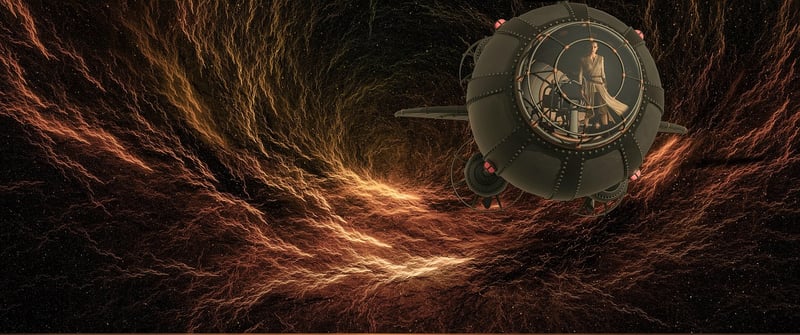Grandfather Paradox
Avoiding Timeline Issues and the Grandfather Paradox in Time Travel
Time travel has long been a fascinating concept in science fiction, raising questions about causality, paradoxes, and the consequences of altering the past. One of the most well-known paradoxes associated with time travel is the Grandfather Paradox.
The Grandfather Paradox
The Grandfather Paradox presents a scenario where a time traveler goes back in time and prevents their grandfather from meeting their grandmother, thus preventing their own birth. This paradox raises the question: if the time traveler was never born, how could they have gone back in time to prevent their own existence?
This paradox highlights the potential complications and contradictions that can arise when dealing with time travel and altering past events. However, there are ways to navigate these issues and avoid paradoxes.
Avoiding Timeline Issues
One way to avoid timeline issues in time travel narratives is through the concept of parallel universes or alternate timelines. By introducing the idea that changing the past creates a new timeline rather than altering the existing one, writers can sidestep paradoxes like the Grandfather Paradox.
Another approach is the idea of a fixed timeline, where events are predestined and any attempts to change the past are ultimately futile. This concept suggests that time travel may only fulfill what has already occurred, avoiding paradoxes by ensuring that events play out as they always have.
Conclusion
While the Grandfather Paradox and other timeline issues present intriguing challenges in time travel storytelling, creative solutions such as parallel universes or fixed timelines can help writers navigate these complexities and craft compelling narratives without falling into paradoxes.
Exploring the possibilities and consequences of time travel continues to captivate audiences and inspire thought-provoking discussions about the nature of causality and the fabric of time itself.

Image source: Pixabay
